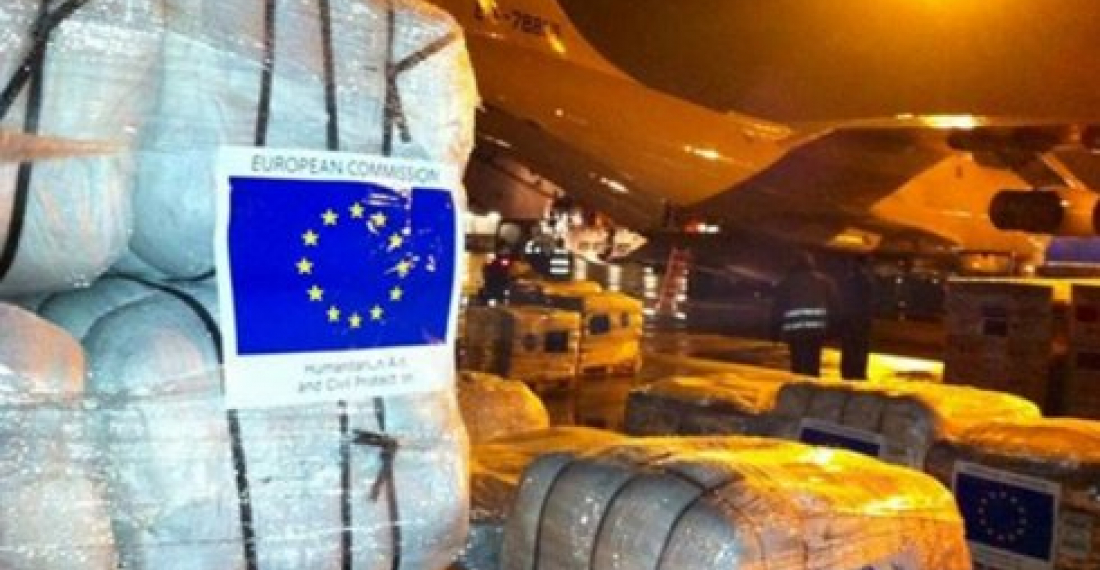Как сообщает веб-сайт Европейской службы внешних связей, 28 февраля Европейская Комиссия объявила о своем намерении выделить 24 миллиона евро для оказания гуманитарной помощи пострадавшему от конфликта населению на востоке Украины.
Новое финансирование ЕС поможет удовлетворить базовые потребности наиболее уязвимых групп населения на линии соприкосновения противодействующих сторон, в том числе в районах, не контролируемых правительством. Оно окажет помощь тем, кто сбежал из зон конфликта в соседние страны, говорится в сообщении на веб-сайте.
По этому случаю Комиссар ЕС по гуманитарной помощи и урегулированию кризисных ситуаций Христос Стилианидис заявил: «Четырехлетний конфликт лег колоссальным бременем на мирное население восточной Украины. Мы не можем оставить без внимания гуманитарный кризис на пороге Европейского Союза. Приоритет ЕС - оказывать поддержку тем, кто в ней нуждается, где бы они ни находились. Наша новая программа помощи окажет содействие в жизненно важных сферах - предоставлении продуктов питания, здравоохранения и образования для детей».
ЕС и его государства-члены являются крупнейшим донором гуманитарной помощи, скорейшего восстановления и помощи в области развития для Украины. Согласно сделанному сегодня заявлению, ЕС уже предоставил 677 миллионов евро с начала конфликта в 2014 году.
источник: commonspace.eu по материалам eeas.europa.eu







